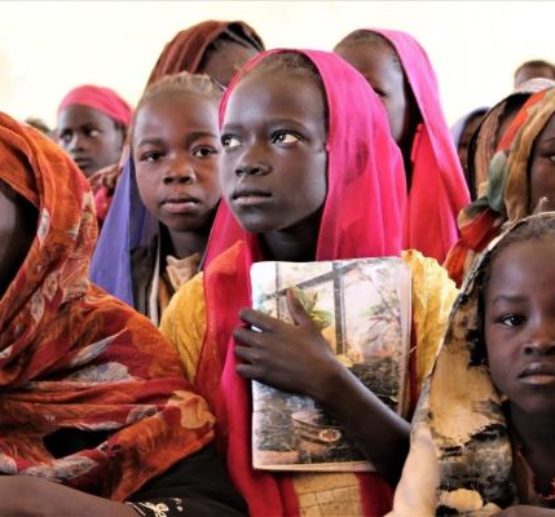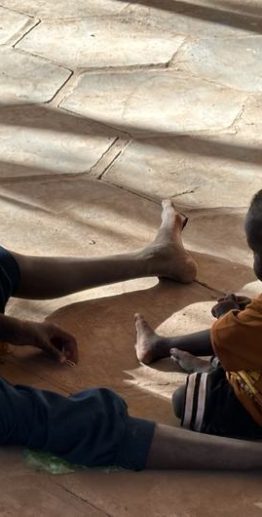In the last thirty days, two women defenders of human rights and women’s rights were subject to judicial harassment by Sudanese authorities for their activism. On March 18, Khadeeja El Deweihi was charged with publishing false news and is awaiting trial for sharing her concerns regarding the health situation in Sudan on Facebook. On April 1, Radio Dabanga reported that Waad Bahjat, a blogger and women’s rights activist, received a sentence of six months in prison with a fine of SDG 10,000 for her activism. The judge on the case suspended Bahjat’s prison sentence and placed her under probation. These women are being prosecuted under unjust laws in an unjust criminal justice system that quashes important activism for human rights and women’s rights.
In the case of Bahjat, the Khartoum criminal court charged her for defamation, insulting a public servant, publishing false news, and public nuisance under the 1991 Criminal Act, a legal code embedded with rampant violations of human rights and women’s rights. She was also accused of attacking a police officer and a SAF officer. The incident in question occurred on November 2, 2020 when Bahjat noticed that women were being abused and harassed by soldiers in a queue designated for women at a fuel station. Later, Bahjat shared a Facebook Live video in which she discussed the incident and the discriminatory treatment against women. Bahjat was arrested and detained for sharing this Facebook Live. While in police custody, she was subjected to threats and physical harm, sustaining cuts and bruises on her body. Bahjat pleaded not guilty to the crimes and asserted that police officers used force against her; however, she was found guilty of public nuisance and the use of criminal force. She was released after her hearing under probation.
El Deweihi was summoned to appear before court in November of last year under the Cybercrimes Act for circulating “false news,” after posting on Facebook in May of 2020 about the health situation in Sudan. Since the Act’s inception in 2018, Sudanese authorities have baselessly used the legislation to exploit and target human rights defenders and online critics of the government. El Deweihi was charged on March 18th 2021 and her case was referred by the Prosecutor in charge of cybercrimes to court for a trial.
The initial sentencing and ensuing probation of Bahjat and El Deweihi are unjust and a clear violation of not only their rights under the 2019 constitution but also of their basic human rights. Article 9 of the Universal Declaration of Human Rights stipulates that no one shall be subject to arbitrary arrest, detention, or exile. Article 19 stipulates that everyone has the right to freedom of opinion and expression, including the right to hold opinions without interference and the right to receive and impart information and ideas through any media. In the imprisonment, treatment, and sentencing of both Bahjat and El Deweihi, it is clear that both of these basic human rights have been violated as they were arbitrarily arrested for exercising their freedom of expression.
The Darfur Women Action Group (DWAG) condemns the judicial harassment and sentencing of both Bahjat and El Deweihi. The abuse of the criminal justice system to harass and quash freedom of opinion and expression is a clear violation of basic human rights. These acts demonstrate that Sudan continues to violate the human rights of its population and particularly women. It also represents the hypocrisy that continues to emanate from the transitional government and their failure to put democracy into practice in Sudan. DWAG calls upon the transitional government to honor its commitments to the people of Sudan by guaranteeing its citizens the rights they have been afforded by the new constitution.
DWAG stands in solidarity with Bahjat, El Deweihi, and all women’s rights and human rights activists that fight for their rights and the rights of their communities. We must ensure the freedom and safety for women activists around the world and in Sudan in particular. Female activists produce change in the world around them not only for women but their communities at large. Empowering and protecting female activists is of utmost importance because they, ultimately, are the ones that are transforming the world into a more equal, free, and peaceful place.




